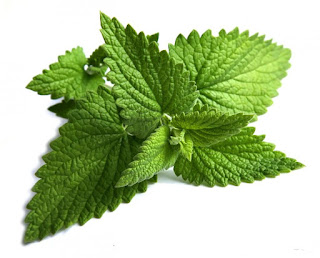A few months ago, my cat Louie disappeared without a trace.
I realize that some cats occasionally wander off to sow their oats in far away fields. Some cats, perhaps, but not Louie. Having been fixed, she no longer had oats to sow. She was a total homebody that never stayed outside for long.
No... something happened to her.
No... something happened to her.
The first clue presented itself to me in the form of a nocturnal visit by two large coyotes a few nights after Louie's disappearance. They had wandered over onto my patio from the adjacent golf course, obviously looking for another tasty snack. The second was my learning that 15 other cats in the neighborhood had also recently vanished. I'll never know for certain what happened to Louie, but at this point, my best guess is that she became part of the food chain.
I realize, of course, that while this entire affair is quite sad, it is not tragic. After all, this is a cat we're talking about, not a person. Nonetheless, the sudden loss of a living creature that I loved has been a jarring reminder to me that life - each day of life - is incredibly precious. One never knows how many days will be given to us. The day before she disappeared, I gave Louie her generous allotment of rubs behind the ears that she loved so much. Neither of us knew at that time that it would be the last time.
But every day is like this, is it not? We don’t think about it as such, because who wants to walk around every day thinking that life can be snatched away in the blink of an eye? For our own sanity we push to the sidelines of our consciousness the reality that each day could, in fact, be our final day on earth.
But, I dare say, we shouldn’t push it too far away. A little awareness of our mortality is a good thing. It reminds us to appreciate each day. To not procrastinate. To not put off for another time that which we can – and should - do in the moment.
Psalm 118:24 states, “Zeh Hayom Asah Adonai, Nagila v’Nismecha Vo - This is the day that God has made; be happy and rejoice in it.”
So use each day wisely, for when tomorrow comes, today will be gone forever. There are ears to be rubbed, so to speak, and today – not tomorrow – is the time to do it.
(COYOTE UPDATE: A trapper was hired by the local neighbors and – so far – four coyotes have been caught and safely released to a nearby nature preserve adjacent to the Everglades.)








